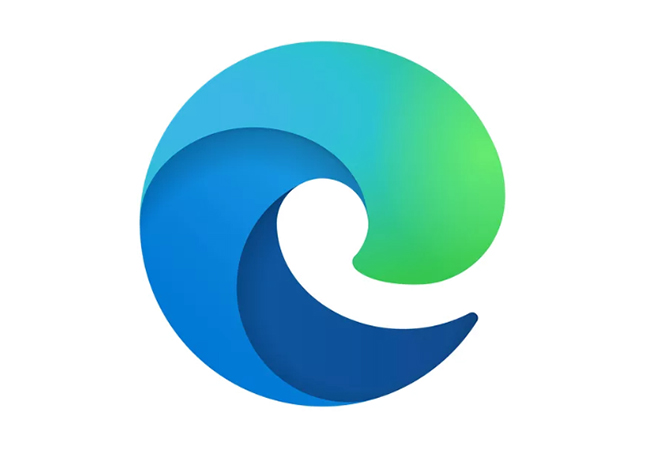
Microsoft has reconfirmed that the "Solorigate" advanced persistent threat attackers saw some of its source code, although "only a few individual files were viewed."

Microsoft this week announced advancements in two Azure services that are used to add security for applications and content that touch the Internet.

Microsoft is planning to end the integration of the Microsoft Defender for Endpoint security solution with the Azure Information Protection service on March 29, 2021, according to a Wednesday announcement.

Microsoft announced on Friday that its Azure Attestation service is now commercially released, or "generally available."

The U.S. Cybersecurity and Infrastructure Security Agency (CISA) has published advisory AA21-042A regarding the Feb. 5 electronic intrusion into a Florida water treatment facility by an unknown attacker.

CISA issued a reminder on Wednesday that Microsoft is implementing a "domain controller enforcement" mode this month to address a "Critical"-rated Windows Netlogon vulnerability that was initially patched last August.

The February patch tally includes 11 CVEs deemed "Critical," 43 CVEs considered "Important" and two CVEs assessed as "Moderate" in severity.

Ransomware is a lot more sophisticated now, attacking data on network drives and in the cloud. Before physically interacting with ransomware, take these precautions to stop anything outside the VM from getting infected.

Microsoft this week explained that its non-Chromium-based Microsoft Edge browser (based on earlier EdgeHTML technology) will get removed when April "update Tuesday" security patches get applied to Windows 10 systems.

Microsoft on Thursday announced an update to its plans to end "Basic Authentication" when used with the Exchange Online e-mail service.

Microsoft recently announced some Azure Active Directory improvements, including conditional access policy management enhancements and synchronization service additions.

Security researchers are under attack from a group thought to be associated with North Korea, according to announcements this week by Google and Microsoft.

Microsoft this week described a few security products that have reached "general availability" (GA) or commercial-release status, while also touting its overall security-market position.

Potential phishing attacks were a top concern of most IT security professionals when organizations switched to remote-work conditions early last year.

Microsoft on Wednesday published an analysis of the second-stage "Solorigate" attack methods used by an advanced persistent threat (APT) attack group.

Security solutions company Malwarebytes affirmed on Monday that alternative methods besides tainted SolarWinds Orion software were used in the recent "Solorigate" advanced persistent threat (APT) attacks.

Microsoft on Thursday issued a reminder to organizations to ensure that their systems are properly patched for a "Critical"-rated Windows Netlogon vulnerability before next month's "update Tuesday" patch distribution arrives.

Microsoft issued yet another article with advice on how to use its Microsoft 365 Defender suite of tools to protect against "Solorigate" advanced persistent threat types of attacks in a Thursday announcement.

Microsoft on Tuesday notified Windows Server Update Services (WSUS) users that it's no longer going to automatically support "user proxies" to get patches from Microsoft's content delivery networks (CDNs), starting with this month's cumulative update release.

Microsoft released its January security patch bundle on Tuesday, delivering fixes for 83 common vulnerabilities and exposures (CVEs).